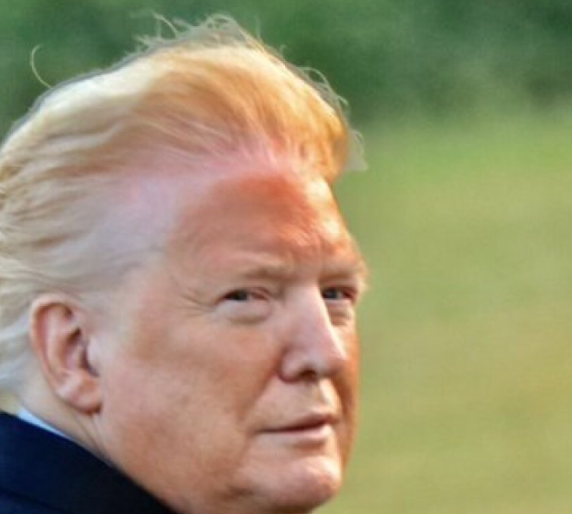$XOM $GS $BTC
#Trump #Davos #BigBanks #OilPrices #EuropeanRegulators #EnergySector #FinancialMarkets #ParisAgreement #CryptoImpact #OPEC #ExecutiveOrders #ClimatePolicy
Donald Trump’s tenure in office has been marked by a series of decisions that have reshaped U.S. involvement in global affairs, many of which have major implications for financial markets. Speaking at the World Economic Forum in Davos, Trump took aim at big banks, oil prices, and European regulators, signaling a continuation of his America-first approach. His executive orders to withdraw the U.S. from the World Health Organization (WHO) and the Paris Climate Agreement have underscored his administration’s skepticism toward multinational agreements and regulations widely supported by global institutions.
The energy sector, notably oil and gas companies such as $XOM, are likely to feel the shockwaves of these decisions. Trump’s exit from the Paris Agreement, which focuses on reducing greenhouse gases, has provided relief for traditional energy operators who rely on fossil fuels. By sidestepping stringent climate-related restrictions, U.S. oil and gas firms have gained competitive advantages, albeit at the cost of criticism from climate advocates and heightened trade tensions with European regulators. On the other hand, the rise of clean energy investments globally—particularly in European markets adhering to the agreement—might create a divergent landscape wherein U.S. firms lose influence in long-term renewable projects. While the immediate impacts on commodities markets, including oil prices, have provided boosts for producers, the geopolitical ramifications could introduce significant volatility.
Trump’s skepticism of global institutions extends into the financial sector as well. Major banks, such as $GS, have encountered stricter regulatory scrutiny in Europe pertaining to their activities on the continent. By targeting European regulatory frameworks in his rhetoric, Trump has sought to portray such measures as unfair barriers to U.S. financial corporations. However, these remarks could create repercussions within the financial ecosystem, particularly if European institutions impose retaliatory measures that disrupt U.S. banks’ operations across the region. Investor confidence in multinational financial players may waver amid growing fears of fragmentation in U.S.-Europe financial and regulatory ties, an issue that could lead to increased market volatility.
In the midst of these developments, cryptocurrencies like $BTC represent an increasingly noteworthy dynamic. The withdrawal from agreements such as the Paris Climate Accord has fueled broader debates around decentralization in energy systems. Bitcoin mining, criticized for its energy usage, could face heightened focus if climate policy becomes a centerpiece of U.S.-Europe negotiations post-Trump. Additionally, as nations push for tighter environmental standards globally, Bitcoin and related cryptocurrencies might evolve into alternative financial tools for individuals and institutions looking to bypass regulatory scrutiny. Overall, Trump’s policy stance at Davos outlines a highly fragmented global financial and energy future, creating both risks and opportunities for investors navigating this shifting terrain.






Comments are closed.